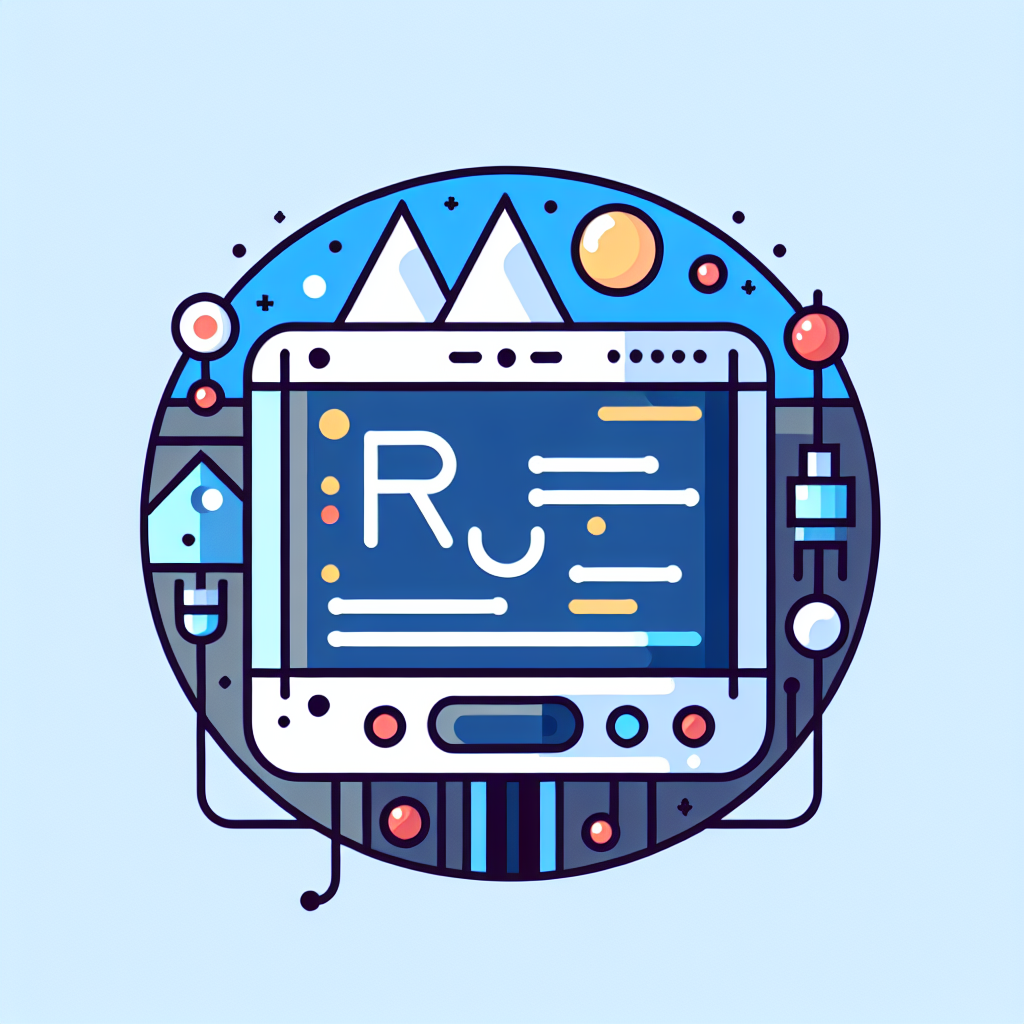Convert R to C#: Efficient Code Translation Tool
Effortlessly convert R scripts to C# with our powerful tool. Enhance productivity and streamline code migration. Try our R to C# converter today!
Source Code
Converted Code
Output will appear here...
The R to C# Converter is a powerful tool designed to seamlessly transform R scripts into C# code, enhancing cross-language integration and boosting development efficiency. Ideal for data scientists and developers, this tool simplifies complex code migration, ensuring accurate syntax conversion and reduced manual effort. Perfect for projects requiring robust statistical analysis and dynamic application development. Keywords: code conversion, R to C#, cross-language integration, data science, development efficiency.

R to C# Conversion Tool Guide Link to this section #
Easily transform your R scripts into C# code with our 'R to C#' conversion tool. Designed for data scientists, statisticians, and developers, this tool bridges the gap between R's statistical prowess and C#'s robust application development capabilities. Whether you're integrating data analysis into a C# application or migrating code for performance reasons, this tool simplifies the process.
Key Features Link to this section #
- Automated Conversion: Translates R functions, loops, and data structures into C# syntax efficiently.
- Syntax Mapping: Recognizes R-specific constructs and maps them to equivalent C# expressions.
- Error Handling: Provides detailed error messages and conversion logs to ensure accurate translation.
Why Convert from R to C#? Link to this section #
- Performance: C# typically offers faster execution speeds for intensive computations.
- Integration: Seamlessly integrate analytical models into C# applications for enhanced functionality.
- Scalability: Leverage C#'s scalability for deploying large-scale applications.
How It Works Link to this section #
- Input R Code: Paste your R script into the input field.
- Click Convert: Initiate the conversion process.
- Review Output: Examine the generated C# code for accuracy.
Example Link to this section #
Convert a simple R loop to C#:
R Code:
for (i in 1:5) {
print(i)
}
C# Code:
for (int i = 1; i <= 5; i++) {
Console.WriteLine(i);
}
Additional Resources Link to this section #
This tool is ideal for users needing efficient, accurate, and reliable code conversion. With a focus on preserving functionality and optimizing performance, transitioning from R to C# has never been easier.
Frequently Asked Questions
What are the main differences between R and C#?
R is primarily used for statistical computing and data analysis, offering extensive libraries for data manipulation, statistical modeling, and visualization. C#, on the other hand, is a versatile programming language used for developing a wide range of applications, including web, mobile, and desktop, with strong support for object-oriented programming.
Can I integrate R with C# for data analysis tasks?
Yes, you can integrate R with C# using libraries such as R.NET. This allows you to call R scripts and functions from your C# applications, enabling complex data analysis and statistical computations while leveraging C# for application development.
Is it difficult to transition from R to C#?
Transitioning from R to C# can be challenging due to the different programming paradigms and use cases. R is more focused on data analysis and statistics, while C# is a general-purpose language with a strong emphasis on software engineering principles. However, with dedicated learning and practice, one can become proficient in C# by understanding its syntax, object-oriented concepts, and application development frameworks.